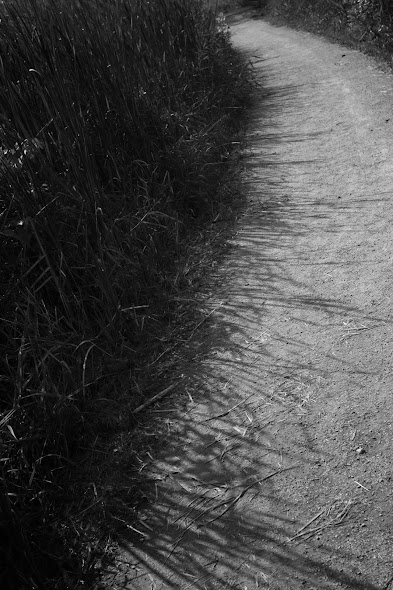Available from Main Street Rag Bookstore
The authentic voice: too often overlooked these days, too often put into the shadows by the glitz of more acrobatic literary endeavors, the authentic voice has been subjected to an unjust partisan divide that results in robbing the passionate reader of resonant experiences. Yet such work exists, and ought to gain readership among those who do value that which truly, if quietly, seeks to speak to us in a deeper way. Perhaps the griot nature of experiential work is lost on certain urban-minded people, but even the most cosmopolitan among us will realize how joyous is a blooming tree after months of a concrete gray winter. Thus, Rick Campbell’s work, Sometimes the Light , a prose work of essays that is also memoir, is a pleasant reminder that yes, the authentic world is still here, an authentic voice still exists in published work.
The work opens with a train ride, an essay of seven sections that observes the other passengers with a full sense of being participatory, rather than as subjects of classicist derision. Campbell’s discussion of train passengers includes a section about luggage:
Train people have really bad luggage—mismatched suitcases, garish colors—
and many have suitcases much larger than what one could take on a plane […]
A lot of train people don’t, if we are precise here, have luggage. They carry their
belongings in paper sacks, pillowcases, and large plastic bags from department
stores. (4)
The reader is introduced to a setting that is neither or place, or time—as Campbell discusses the lack of synchroneity of train time, of time in motion, with that of fixed positions, such as arrival at train stations. In case the reader is a classist trying to slum along with Campbell, two sections in this opening essay later, Campbell aligns himself with the other passengers:
I am a train person. My duffel’s cheap and patched on the bottom with duct tape.
My backpack used to be my daughter’s, and it’s got weird stains here and there.
I have been wearing the same jeans for four days (9).
The reader will not find any separation between the writer and that which is witnessed on these pages, Campbell stands shoulder to shoulder with the lives that people his work.
Campbell himself is a Pushcart winner, author of multiple titles in multiple genres, and a long-term editorial team member of a respected press. His choice to be of the people does not escape the meditative memoir of this text. In a discussion about a celebrity baseball athlete, Campbell compares the ranks of celebrity, of legacy, between baseball and the literary world via a consideration of nicknames:
[…] was ‘the Georgia Peach” That just doesn’t work.
It’s rural, regional, Southern. It’s like local color Southern writers
battling the New York crowd for attention and only coming away with the
title Regionalists […] it gets them in the Norton, but […] (72).
While the essay itself considers the retrospective moral life of the creator (as an athlete) versus the brilliance of their work, Campbell’s conclusion both includes and passes by the academic with “I tell my creative nonfiction students” (73), to a pure and intimate moment that, in one paragraph, makes prosaic mention of “gifts”, of “synchronicity”, of “forgiveness” and of “redemption”. The reader then too, as silent witness, must acknowledge a kind of posited hierarchy of priorities; that how one is seen as a writer is lesser than the “significance of experience” (73) that a writer might encounter, and that this too must come from us each in our most actualized humanity.
Su Zi is a writer, poet and essayist who produces a handmade chapbook series called Red Mare. She has been a contributor to GAS from back when it was called Gypsy Art Show, more than a decade ago.
Check out her author page on Amazon.

%20(1)%20(1).jpeg)








